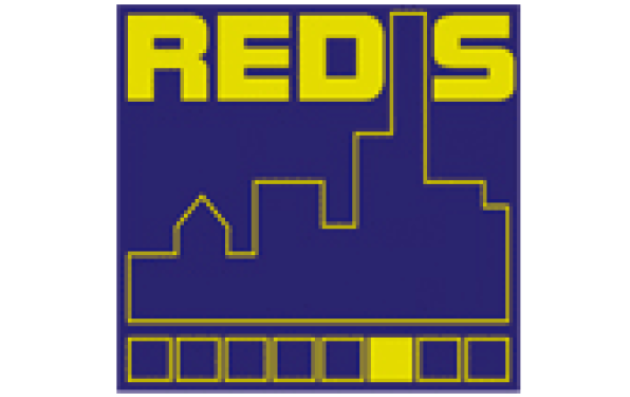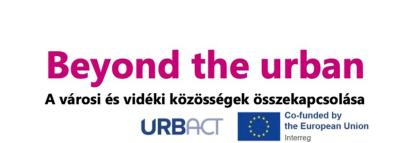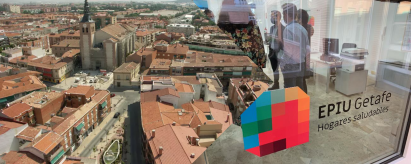19/09/2022 19/09/2022
REDIS was a network of cities that was focused on how municipalities can re-shape districts into science quarters.

Summary
Introduction
Science, as well as research and development, are essential for growth and employment throughout Europe. The objective of this network is to contribute to a more effective application of knowledge, creativity and innovation in the cities and thereby to the development of a knowledge-based European economy. REDIS focuses on the interface between scientific promotion and urban development. Itraises the issue of the sustainable development and management of science quarters. Participants will have the opportunity to design together with their local actors a vision of future city development and an action plan to attain this vision. Recommendations and a handbook with guidelines and a good practices will contribute to a better exploitation of potential of knowledge and creativity.
Partners
Lead Partner : Magdeburg - Germany- Aarhus - Denmark
- Bialystok - Poland
- Halle (Saale) - Germany
- Manresa - Spain
- Newcastle
- Piraeus - Greece
- Vienna - Austria
Timeline
Project launch
Project completed





